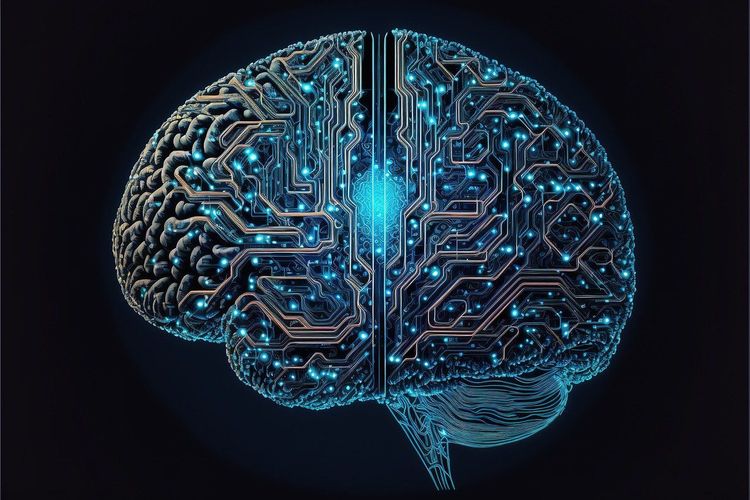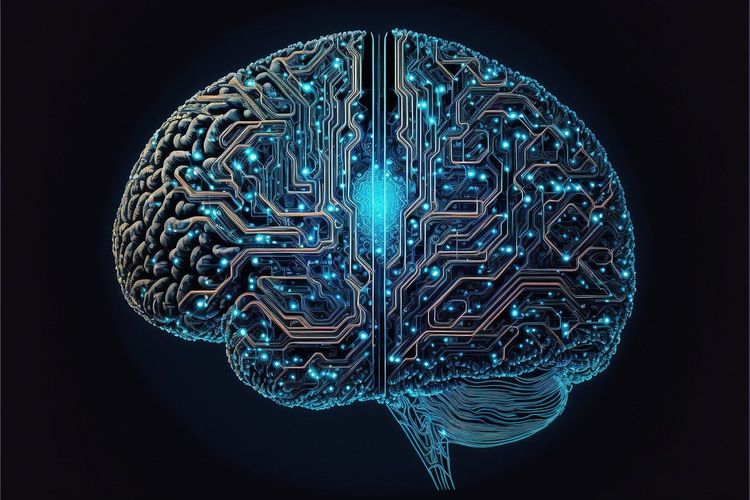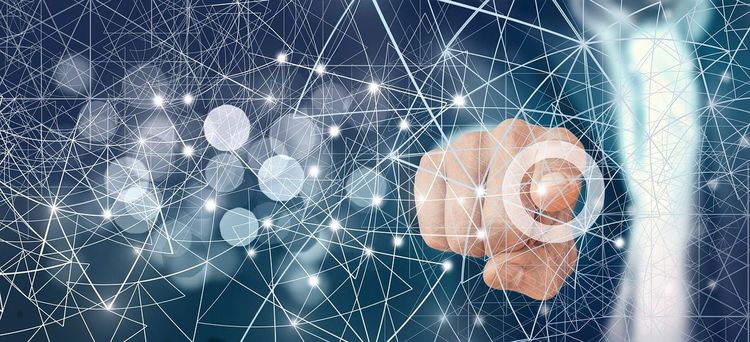One year ago, I launched an AI Beat column highlighting five AI stories I was eager to explore in 2023.
In the wake of OpenAI's November 2022 launch of ChatGPT, a continual stream of AI news emerged. With significant developments like GPT-4, the EU AI Act, the competition for AI search capability, and the ongoing debate between open and closed AI models, I covered these topics extensively.
As we approach the New Year, I am once again identifying key AI narratives expected to shape trends in 2024:
1. OpenAI vs. Anthropic
At the start of 2023, OpenAI was celebrating the success of ChatGPT, while Anthropic—a startup founded by former OpenAI leaders—was rapidly gaining ground. Anthropic introduced its ChatGPT competitor, Claude, on March 14, 2023, coinciding with OpenAI's surprise announcement of GPT-4. With both companies pursuing significant funding—Anthropic eyeing $750 million from Menlo Ventures and OpenAI negotiating a new round at a staggering $100 billion valuation—the rivalry in large language models (LLMs) is primed to intensify.
2. Open Source AI Chases GPT-4
The launch of the open-source LLM Mixtral8x7B by the French startup Mistral AI in early December underscored the open-source community's determination to rival proprietary models. Mistral's CEO, Arthur Mensch, recently stated that the company intends to introduce an open-source model comparable to GPT-4 in 2024. Meanwhile, Meta is reportedly preparing to unveil Llama 3 in the first half of 2024, aiming for parity with GPT-4. Meta FAIR researcher Angela Fan emphasized their commitment to incorporating developer feedback to enhance Llama’s capabilities.
3. AI's Influence on the 2024 Elections
Concerns are rising regarding AI's role in the upcoming 2024 Presidential election. Ethan Bueno de Mesquita from the University of Chicago noted, “2024 will be an AI election, much like the social media elections of 2016 and 2020.” Machine learning researcher Nathan Lambert remarked that generative AI could complicate the electoral landscape with chatbots and deepfakes, while also hindering AI regulation efforts influenced by political dynamics.
4. Data Regulation and AI
The discussions surrounding AI training data have been prominent throughout 2023, and they are set to escalate in 2024. The complexities surrounding copyright, bias, deepfakes, disinformation, and labor issues highlight the importance of the data that trains AI models, both historical datasets and newly created ones. Recent developments, such as LAION’s data removal and OpenAI's efforts to form new dataset partnerships, emphasize the pressing need for in-depth coverage of these issues.
5. Effective Altruism vs. Effective Accelerationism
As AI's future remains uncertain, contrasting belief systems about its risks and rewards gain prominence. I’ve delved into the intricate influence of the effective altruism (EA) movement in shaping AI policy, particularly in security-related areas. Concurrently, effective accelerationism (e/acc)—championed by VC Marc Andreessen—represents the opposing perspective. While I aim to highlight AI pragmatists for a balanced approach, it’s crucial to continue examining the implications of both EA and e/acc on AI policy and investment moving forward.







